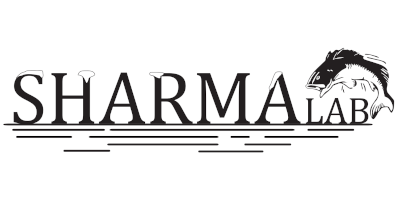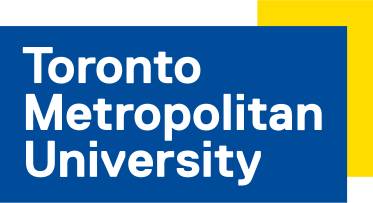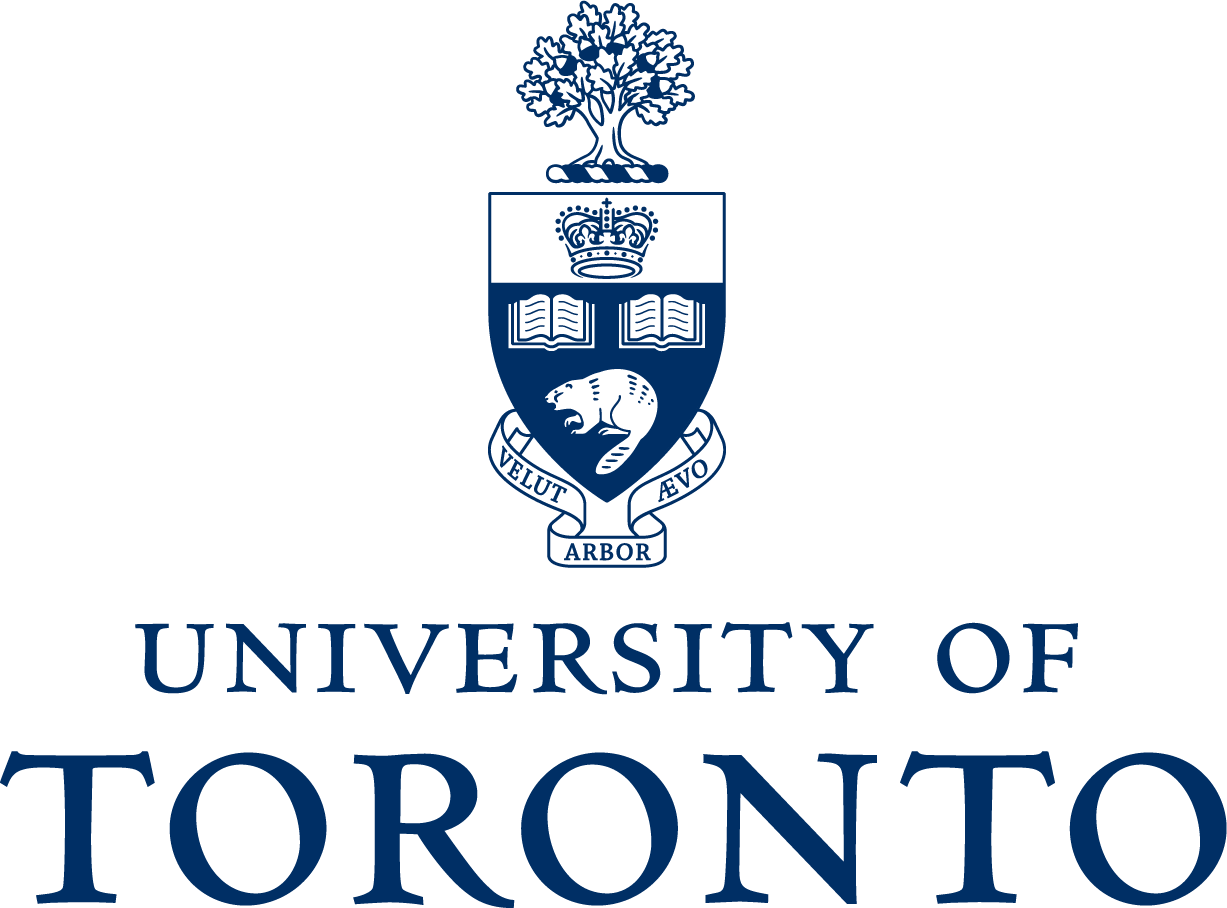The mission of the Canadian Association on Water Quality (CAWQ) is to create and foster a nationwide network of professionals dedicated to the development and communication of knowledge to preserve and enhance the water quality environment.
The Canadian Association on Water Quality is a non-governmental, non-profit organization for scientists, engineers, technologists, administrators, practitioners and students engaged in or interested in research on water quality or on the control or treatment of water pollution.
The objectives of the CAWQ are to:
- promote research on the scientific, technological, legal, economic, and policy aspects of water quality and of the control and treatment of water pollution,
- further the exchange of information and practical application of such research for the public benefit, and
- promote the goals and objectives of the International Water Association (IWA) in Canada
The CAWQ welcomes membership applications from all persons in industry, academia, governmental and non-governmental organizations, public service, community groups, professional societies, and the general public, including private firms, who have an interest in water issues. Learn about the types of membership available.
Latest News
-
60th Central Symposium on Water Quality Research
Posted on 23 février 2025Continue readingThe 60th Central Symposium on Water Quality Research is taking place in Toronto on February 23 and 24, 2025. Details at https://cawq.ca/en/symposia/60c
-
Canada Pavillion Sponsors
Posted on 12 août 2024Continue readingA big thank you to the Canada Pavilion sponsors: Toronto Water Associated Engineering Bishops Water IPEX – $1k for Reception
Upcoming Events
No Upcoming Events FoundSponsors
Any organization or individual may elect to become a sustaining member of CAWQ. Benefits of sustaining member status include posting the organization’s logo and listing it as a sustaining member on the CAWQ website and in the Water Quality Research Journal (WQRJ) and their logo will be displayed at CAWQ conferences. Sustaining members receive WQRJ (4 issues per year) and are guaranteed an opportunity to exhibit at the CAWQ’s annual Central Symposium
If you would like to volunteer with CAWQ, please submit the following form:
The Canadian Association on Water Quality is a volunteer organization governed by an Executive Committee and a group of Directors drawn from industry and academia from regions across Canada. All members are nominated by the nominating committee and confirmed at the Annual General Meeting that is held during the Central Regional Conference, the first week of February.
In addition, the Canadian National Committee of the International Water Association (CNC/IWA) is comprised of the Executive Committee of the CAWQ and other additional members as may be required to comply with the Constitution of the IWA. Two members of the CAWQ represent Canadian interests on the Governing Board of the International Water Association.
CAWQ Board of Directors
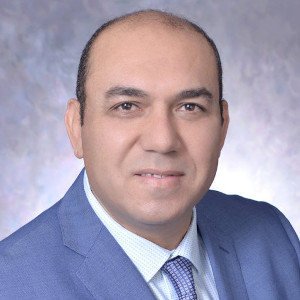
Dr. Elsayed Elbeshbishy
Président
Department of Civil Engineering Ryerson University 350 Victoria St. Toronto, ON M5B 2K3 In his research, Dr. Elbeshbishy works to minimize the environmental impact of waste while recovering value-added products from it. For example, through a process called anaerobic digestion, green bin waste can produce hydrogen gas, methane, alcohols or chemicals for many uses. Similarly, […]
Dr. Elsayed Elbeshbishy

Department of Civil Engineering
Ryerson University
350 Victoria St.
Toronto, ON
M5B 2K3
In his research, Dr. Elbeshbishy works to minimize the environmental impact of waste while recovering value-added products from it. For example, through a process called anaerobic digestion, green bin waste can produce hydrogen gas, methane, alcohols or chemicals for many uses. Similarly, pulp and paper waste can produce biogases as fuel for cars. Landfill is spared and waste is usefully redirected.
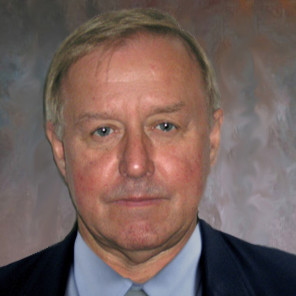
Mr. Mike Lywood
Past President
Mike has over 40 years design, construction, and operations experience in the water and wastewater industry, in both the municipal and private sectors. Michael has directed numerous projects in Canada, the U.S., and the Caribbean and has developed strategic plans for the restructuring and reengineering of water and wastewater utilities. He holds a BSc in […]
Mr. Mike Lywood

Mike has over 40 years design, construction, and operations experience in the water and wastewater industry, in both the municipal and private sectors. Michael has directed numerous projects in Canada, the U.S., and the Caribbean and has developed strategic plans for the restructuring and reengineering of water and wastewater utilities. He holds a BSc in Chemical Engineering from Queens University and an MBA from McMaster.
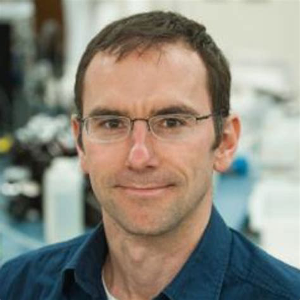
Pierre Bérubé
Vice-President (Pacific)
Dr. Pierre Bérubé is a Professor with the Department of Civil Engineering at the University of British Columbia. He has over 25 years of research and consulting experience dealing with the development and optimization of membrane technologies for water and wastewater treatment applications. Dr. Bérubé actively collaborates with researchers nationally and internationally on a number […]
Pierre Bérubé

Dr. Pierre Bérubé is a Professor with the Department of Civil Engineering at the University of British Columbia. He has over 25 years of research and consulting experience dealing with the development and optimization of membrane technologies for water and wastewater treatment applications. Dr. Bérubé actively collaborates with researchers nationally and internationally on a number of research projects funded by the Natural Sciences and Engineering Research Council of Canada (NSERC), the Canadian Water Network, the Water Environment Research Foundation, and the European Membrane- Network.
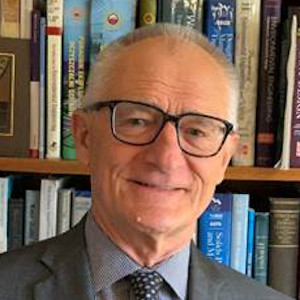
Jan Oleszkiewicz
Vice-President (Western)
Jan Oleszkiewicz is a professor at the University of Manitoba, teaching courses in wastewater treatment, solid waste management, and wastewater treatment plant design.
Jan Oleszkiewicz

Jan Oleszkiewicz is a professor at the University of Manitoba, teaching courses in wastewater treatment, solid waste management, and wastewater treatment plant design.
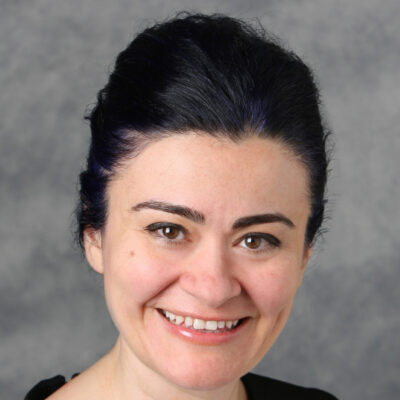
Banu Örmeci
Vice-President (Central)
613-520-2600 x4144
Banu Örmeci is a Canada Research Professor and Jarislowsky Chair in Water and Global Health in the Department of Civil and Environmental Engineering and the Director of the Global Water Institute at Carleton Univeristy. Banu has been a faculty member at Carleton since 2005 and served in several administrative roles and on important committees over […]
Banu Örmeci

Banu Örmeci is a Canada Research Professor and Jarislowsky Chair in Water and Global Health in the Department of Civil and Environmental Engineering and the Director of the Global Water Institute at Carleton Univeristy. Banu has been a faculty member at Carleton since 2005 and served in several administrative roles and on important committees over the years including previously serving on Carleton’s Senate for three years and the Board of Governors as the Senate representative.
Banu currently serves on various boards and management committees of international organizations in water safety, sanitation and health issues which is her area of research including the International Water Association (IWA), Women in Science and Engineering Ottawa Chapter, Canadian Association on Water Quality, Inter-American Network of Academies of Science (IANAS) and Water Environment Association of Ontario.
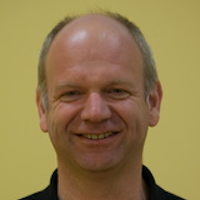
Peter Vanrolleghem
Vice-President (Eastern) and EIChief, WQRJ
Peter Vanrolleghem holds the Canada Research Chair on Water Quality Modeling at Université Laval. modelEAU, his research group focuses on modeling, monitoring and control of urban wastewaters and receiving waters. Challenges tackled include nutrients (removal and recovery), fate of micropollutants and greenhouse gas emissions, by developing and using mathematical models, automated monitoring stations, process control […]
Peter Vanrolleghem

Peter Vanrolleghem holds the Canada Research Chair on Water Quality Modeling at Université Laval. modelEAU, his research group focuses on modeling, monitoring and control of urban wastewaters and receiving waters. Challenges tackled include nutrients (removal and recovery), fate of micropollutants and greenhouse gas emissions, by developing and using mathematical models, automated monitoring stations, process control and pilot- and full-scale experiments. modelEAU is a team of 2 research assistants, 3 post-docs, 7 PhD students and 3 Master students. Before, he was professor at Ghent University where he initiated the BIOMATH research team in 1997.
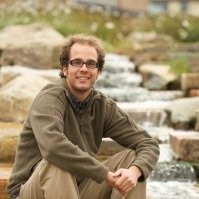
Dr. Hubert Cabana
Trésorier
819-821-8000 x65457
Pr. Hubert Cabana holds a B. Sc. A. diploma in Chemical Engineering from the University of Sherbrooke (Canada). He received his Ph.D. in Biological and Environmental Engineering from the Catholic University of Louvain (Belgium) in 2008. Since February 2008, he’s professor of Environmental Engineering, Department of Civil and Building Engineering, University of Sherbrooke. Pr. Hubert […]
Dr. Hubert Cabana

Pr. Hubert Cabana holds a B. Sc. A. diploma in Chemical Engineering from the University of Sherbrooke (Canada). He received his Ph.D. in Biological and Environmental Engineering from the Catholic University of Louvain (Belgium) in 2008. Since February 2008, he’s professor of Environmental Engineering, Department of Civil and Building Engineering, University of Sherbrooke.
Pr. Hubert Cabana is an expert in environmental biotechnology (mainly fungal and enzymatic processes) dedicated to the elimination of trace organic contaminants present in wastewater. In the past 10 years of research, he has developed innovative approaches for the development of enzymatic bioprocesses, such as new generation of LME-based reusable biocatalysts and bioreactors designed for their use, mainly dedicated to the elimination of emerging pollutants as well as priority pollutants such as PAHs and phenols. In addition, he focuses on the reaction products generated by the developped treatments.
Past Officials of the CAWQ
The CAWQ was formed in 1967 and, since that time, has attracted the involvement of many academic, industrial and public service personnel. Through their many hours of volunteer activities, these people have contributed in countless ways to the growth and stability of the association and to its prominence on the national and international stage.



